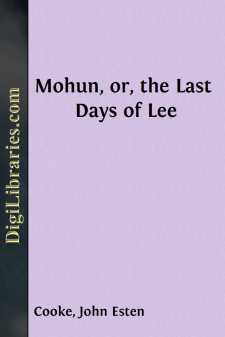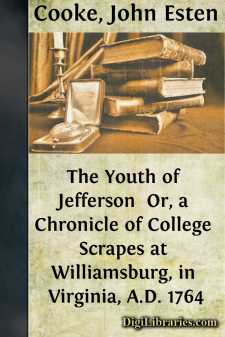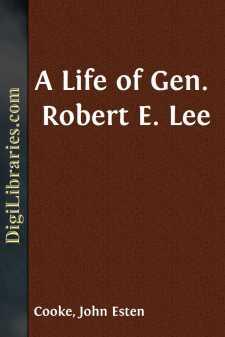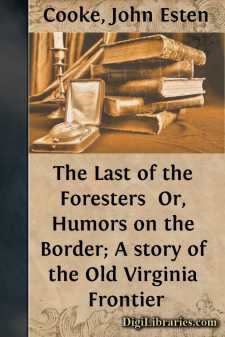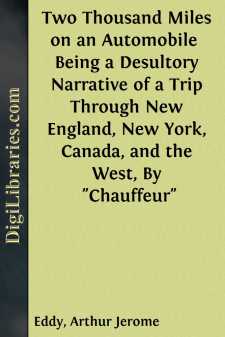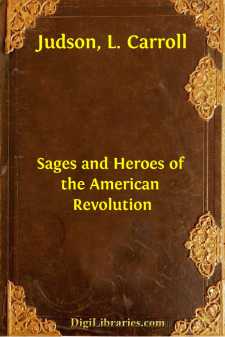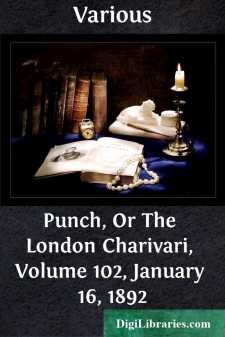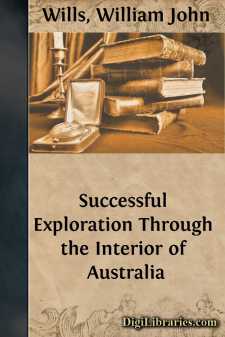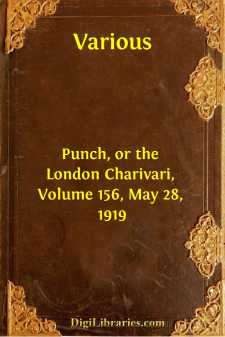Categories
- Antiques & Collectibles 13
- Architecture 36
- Art 48
- Bibles 22
- Biography & Autobiography 815
- Body, Mind & Spirit 144
- Business & Economics 28
- Children's Books 18
- Children's Fiction 14
- Computers 4
- Cooking 94
- Crafts & Hobbies 4
- Drama 346
- Education 58
- Family & Relationships 59
- Fiction 11834
- Games 19
- Gardening 17
- Health & Fitness 34
- History 1378
- House & Home 1
- Humor 147
- Juvenile Fiction 1873
- Juvenile Nonfiction 202
- Language Arts & Disciplines 89
- Law 16
- Literary Collections 686
- Literary Criticism 179
- Mathematics 13
- Medical 41
- Music 40
- Nature 179
- Non-Classifiable 1768
- Performing Arts 7
- Periodicals 1453
- Philosophy 65
- Photography 2
- Poetry 896
- Political Science 203
- Psychology 44
- Reference 154
- Religion 515
- Science 126
- Self-Help 85
- Social Science 83
- Sports & Recreation 34
- Study Aids 3
- Technology & Engineering 59
- Transportation 23
- Travel 463
- True Crime 29
Our website is made possible by displaying online advertisements to our visitors.
Please consider supporting us by disabling your ad blocker.
Mohun, or, the Last Days of Lee
by: John Esten Cooke
Description:
Excerpt
PROLOGUE.
On the wall over the mantel-piece, here in my quiet study at Eagle's-Nest, are two crossed swords. One is a battered old sabre worn at Gettysburg, and Appomattox; the other, a Federal officer's dress sword captured in 1863.
It was a mere fancy to place them there, as it was a whim to hang upon that nail yonder, the uniform coat with its stars and braid, which Stuart wore on his famous ride around McClellan in 1862. Under the swords hang portraits of Lee, Jackson, and Stuart. Jackson wears his old coat, and his brow is raised as though he were looking out from beneath his yellow old cadet cap. Stuart is seated, grasping his sabre, with his plumed hat resting on his knee. His huge beard flows on his breast, his eyes are clear and penetrating, and beneath the picture I have placed a slip cut from one of his letters to me, and containing the words, "Yours to count on, J.E.B. Stuart." Lastly, the gray commander-in-chief looks with a grave smile over his shoulder, the eyes fixed upon that excellent engraving of the "Good Old Rebel," a private of the Army of Northern Virginia, seated on a log, after the war, and reflecting with knit brows on the past and the present.
From this sketch of my surroundings, worthy reader, you will perceive, that I amuse myself by recalling the old times when the Grays and Blues were opposed to each other. Those two swords crossed—those pictures of Lee, Jackson, Stuart, and the "Old Rebel"—you are certain to think that the possessor of them is unreconstructed (terrible word!) and still a rebel!
But is it wrong to remember the past? I think of it without bitterness. God decreed it—God the all-wise, the all-merciful—for his own purpose. I do not indulge any repinings, or reflect with rancor upon the issue of the struggle. I prefer recalling the stirring adventure, the brave voices, the gallant faces: even in that tremendous drama of 1864-5, I can find something besides blood and tears: even here and there some sunshine!
In this last series of my memoirs I shall deal chiefly with that immense campaign. In the first series which, I trust the reader of these pages will have perused, I followed Jackson through his hard battles to the fatal field of Chancellorsville. In this volume I shall beg the reader first to go with Stuart from the great review of his cavalry, in June, 1863, to the dark morning of May 11, 1864, at Yellow Tavern. Then the last days will follow.
I open the drama with that fine cavalry review in June, 1863, on the
Plains of Culpeper.
It is a pleasure to return to it—for Gettysburg blackened the sunshine soon. The column thundered by; the gay bugles rang; the great banner floated. Where is that pageant to-day? Where the old moons of Villon? Alas! the strong hours work their will. June, 1863, is long dead. The cavalry horses, if they came back from the wars, are ploughing. The rusty sabres stick fast in the battered old scabbards. The old saddles are shabby—and our friends take them away from us. The old buttons are tarnished, and an order forbids our wearing them....


